2 May 2025 | Afghanistan, Africa, Americas, Asia and Pacific, Belarus, Europe and Central Asia, India, News, Somalia, Turkey, Uganda, United States
Tomorrow marks World Press Freedom Day, a day started in 1993 to remind governments of their duty to protect freedom of the press. This year, the need for this reminder feels more urgent than ever.
In the USA, President Donald Trump has been in office for just over 100 days and already we’ve witnessed attempts to attack independent media and dismantle press freedom. Since the beginning of his second term in office, Index has reported on Trump’s war on truth, on the devastating implications on journalism his cuts to the US Agency for Global Media (USAGM) entities including Voice of America and Radio Free Europe/Radio Liberty (RFE/RL) will have, and how he’s worked to remove critical media from the White House.
Within this context, on World Press Freedom Day, Index has called upon its contributors from around the world, working in countries where they fight for press freedom every day, to reflect on what it means to them and why it is so important we defend it.
SOMALIA
Hinda Abdi Mohamoud, chief editor at Bilan Media
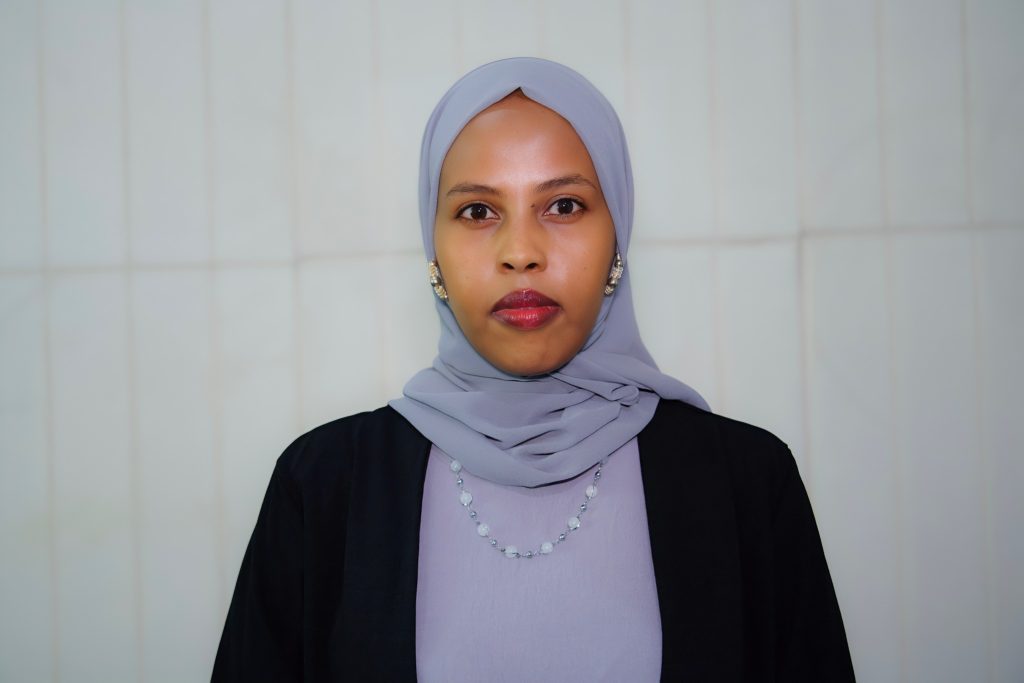
“As a journalist and the chief editor of Bilan Media, the only all-women newsroom in Somalia, I know that press freedom isn’t just important – it’s essential to our survival and our work. In a place where speaking the truth can be dangerous, where women’s voices have long been silenced or sidelined, press freedom is the tool that allows us to challenge injustice, elevate unheard stories, and advocate for real change.
That’s why organisations like Index on Censorship are so vital. They support journalists who risk their safety to ensure the truth is told. They defend journalists’ right to report and protect the public’s right to know.”
TURKEY
Nedim Türfent, journalist
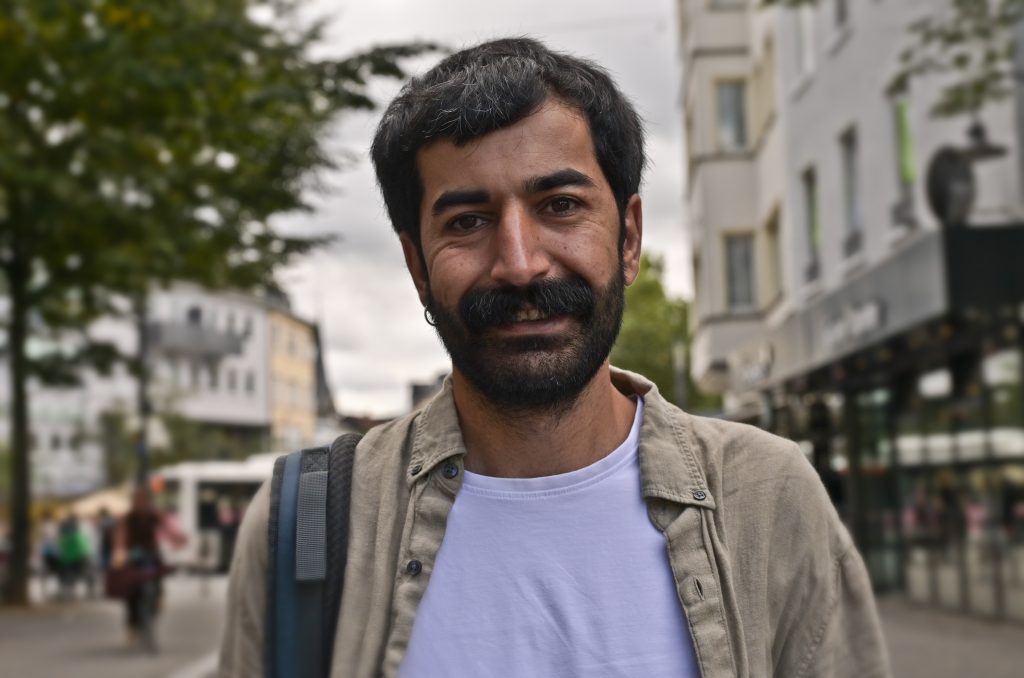
“Freedom of the press is, above all, the first bastion we must defend for the sake of all our other rights and freedoms. Ultimately, in a time and place where the press is not free, it becomes impossible to make our demands for rights visible, known, and heard. If we do not want our rights and freedoms to be dismantled piece by piece, we must be unwavering defenders of press freedom.
The fight for press freedom by international organisations is essential to ensure that the voices of journalists and media outlets facing oppression and persecution anywhere in the world are heard. This cross-border struggle also serves to prevent enemies of press freedom from casually and effortlessly exerting pressure on journalists – as if it were something ordinary. The louder and stronger the voice of international institutions, the more hesitation those enemies will have before violating the rights of journalists.
However, the heavy burden of this struggle should not rest solely on the shoulders of journalists and media organisations. We must remember: when the rights of even a single journalist are violated, the right of thousands of people to access information is also restricted. Shortly, in a world where press and freedom of expression are increasingly eroded, none of our rights or freedoms can be truly guaranteed. It’s that simple.”
AFGHANISTAN
Spozhmai Maani, journalist
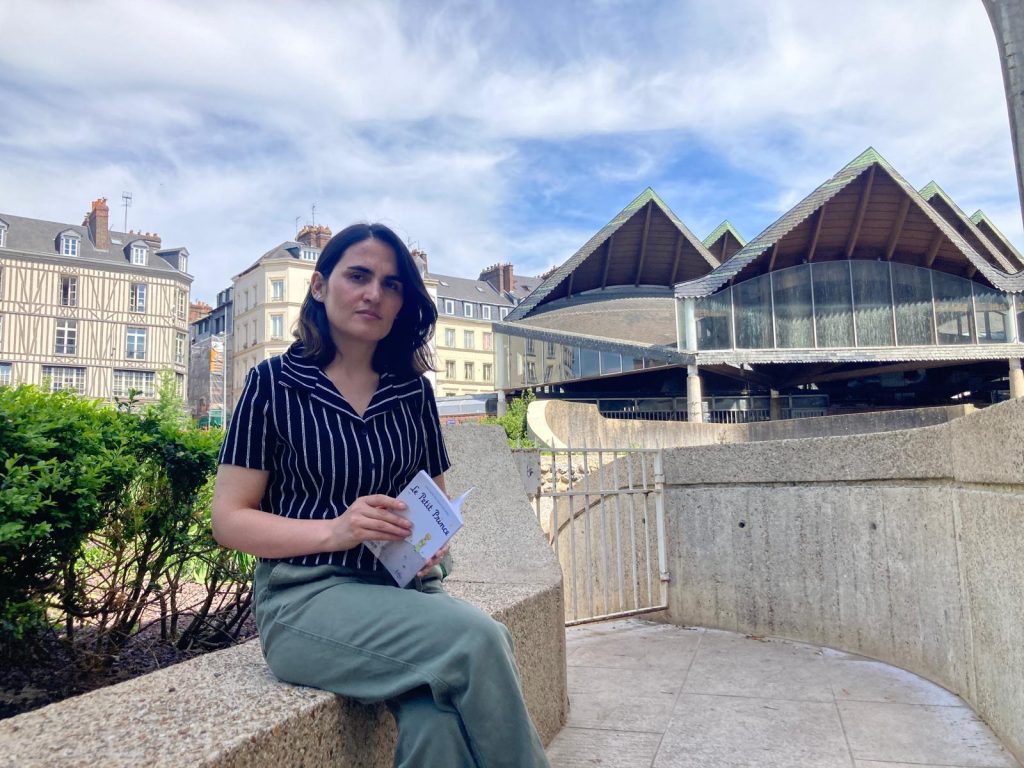
“For me, press freedom is not just a principle, it is a lifeline for truth and justice, especially in places like Afghanistan where silence is often enforced with fear. As a journalist who fled persecution for simply telling the truth, I know firsthand how critical it is to protect the voices that hold power to account. Organisations like Index on Censorship are essential in this fight. They give strength, visibility, and protection to those of us who risk everything to speak out. In a world where even established democracies are seeing press freedom eroded, their work is more urgent than ever.”
INDIA
Salil Tripathi, contributing editor at Index on Censorship
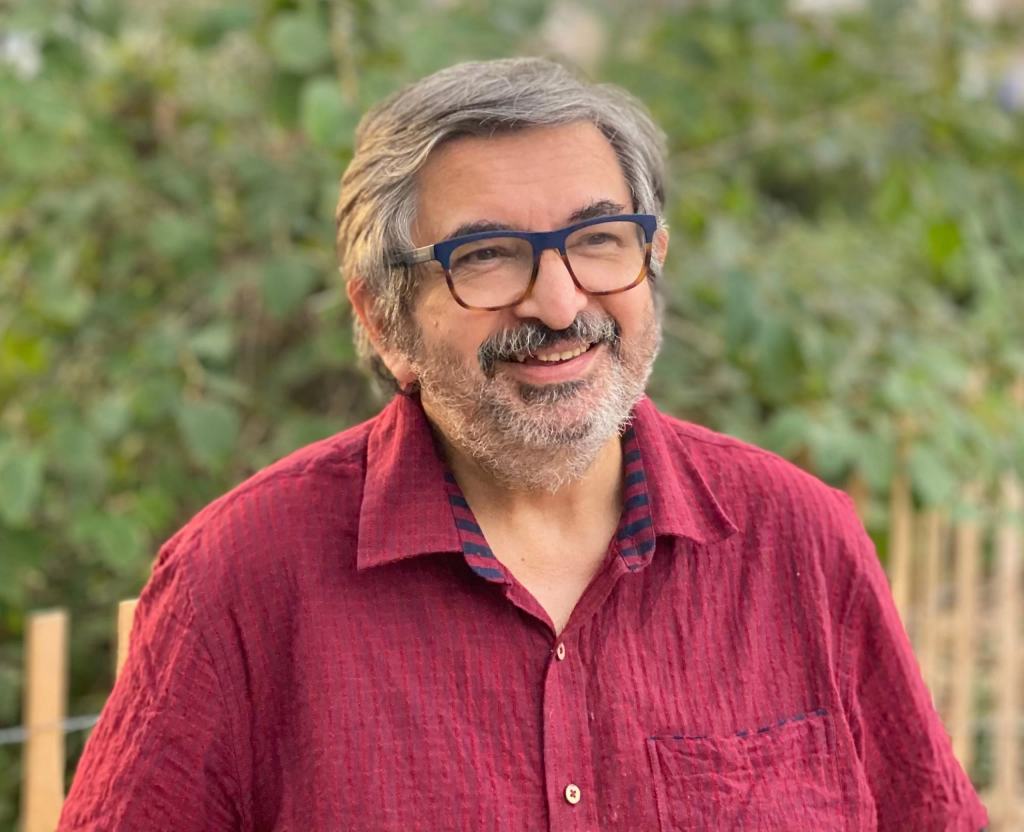
“We only have to look at closed societies from our past and present to know what life is like without press freedom. That some leaders and many people continue to believe in controlling the press – through laws, oligarchs, governments, and intimidation – shows what they are afraid of, and it shows why publications like Index on Censorship continue to matter.”
UGANDA
Danson Kahyana, contributing editor at Index on Censorship
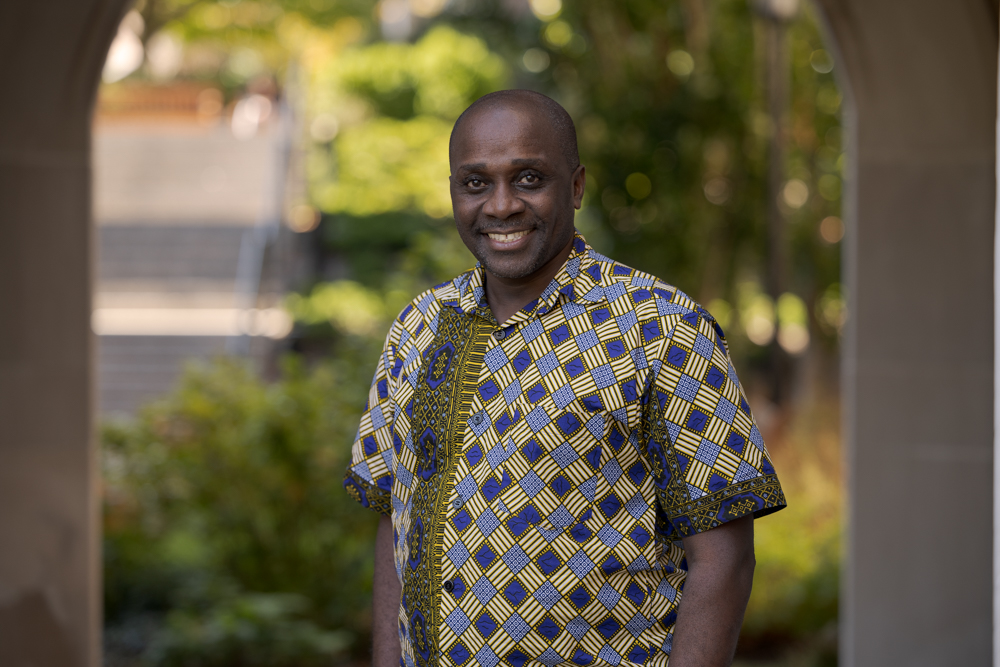
“Press freedom is the foundation of democracy – the press should be able to report on any matter of public importance without fear or favour. The moment press freedom is threatened, expect democracy to rot and die from within because nobody will be able to say, ‘Look – the emperor is naked!’ So nakedness (corruption, impunity, heavy-handedness, tyranny, etc.) will go unreported, thereby weakening institutions into comatose. In Uganda, we have seen this happen: The emperor called General Yoweri Museveni has gotten worse every year that passes. The more power he amasses by weakening institutions like the parliament and the judiciary the more naked he gets. It is because Ugandans have reported on his myriad abuses of power that the world has come to know that all along, he was a tyrant in democracy’s skin.
Because authoritarian regimes wield immense resources to punish critics as a means of stifling dissent, we need organisations like Index on Censorship to shine a light on tyrants’ assaults on freedom. Like witches and wizards, tyrants do their evil work in the safety of the dark. Index and other organisations like it remind the tyrants that someone is watching them, and that sooner than later, they will be held accountable for their misdeeds. In other words, Index and other organisations like it provide an archive of the tyrants’ atrocities that will be used against them in the courts of law. What is happening to former Philippines President Rodrigo Duterte is a good example – the reports against him caught up with him. Besides, by providing constant companionship and solidarity to journalists, Index and other organisations like it embolden the defenders of good governance and human rights in their castigation of impunity.”
BELARUS
Jana Paliashchuk, researcher
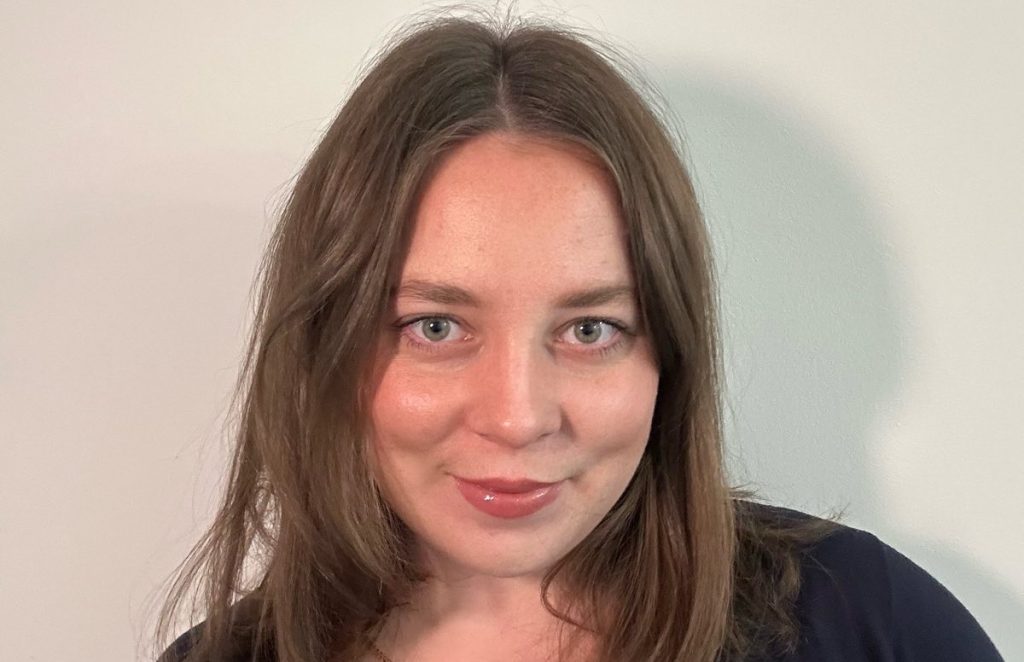
“While press freedom is a basic right in many countries, for millions of Belarusians it’s been denied for three decades under Aliaksandr Lukashenka’s dictatorship. Speaking out against repression often leads to prison – and journalists are hit hardest.
Today, 40 media workers are behind bars in Belarus for simply doing their jobs. Journalists like RFE/RL’s Ihar Losik and Belsat TV’s Katsiaryna Andreyeva. are serving harsh sentences and enduring torture behind bars. Other journalists were forced into exile, continuing their work from abroad, while Belarusians inside the country risk punishment just for reading independent news.
This may sound grim, but it’s the reality in Belarus, a European country. That’s why defending press freedom matters. It may seem like a solid foundation of society, but it’s as fragile as glass.”
1 May 2025 | Europe and Central Asia, News, Turkey
In the 2024 World Press Freedom Index published by Reporters Without Borders, Turkey ranked 158th among 180 countries. Just days before the release of this year’s index, 37 journalists remain imprisoned in the country, according to the Media and Law Studies Association (MLSA), an NGO defending freedom of the press in Turkey.
However, evaluating violations of freedom of thought and press solely based on the number of jailed journalists would be insufficient, as pressure on journalism intensifies daily in a number of ways.
Even though the first four months of the year are not yet over, 60 journalists have been detained so far. Among them, 25 have been arrested. These numbers are according to monthly reports from the Kurdish journalist organisation Dicle Firat Journalist Union (DFG). One of those arrested was Joakim Medin, a reporter for Swedish newspaper Dagens ETC.
On 27 March, Medin was taken into custody on charges of “membership in an armed terrorist organisation” and “insulting the president”, and just one day later, he found himself in a Turkish prison cell. On Wednesday this week, he was given an 11-month suspended sentence for “insulting the president”, and remains behind bars while he awaits a trial on the second charge. Additionally, three foreign journalists who entered Turkey for reporting purposes have been deported this year alone, according to DFG.
For some journalists, the repressions have been fatal. Within the first two months of the year, Kurdish journalists Aziz Köylüoğlu and Egît Roj were killed in Turkish drone strikes targeting Syria’s autonomous Rojava region – controlled by the Syrian Democratic Forces (SDF) – and Iraq’s Kurdistan region. Over the past 10 months, seven Kurdish journalists have been killed in Turkish airstrikes (some confirmed, some suspected). Despite the gravity of these killings, the international media have largely ignored what human rights organisations have described as war crimes.
Another journalist arrested this year is Yıldız Tar, editor-in-chief of KaosGL.org, known for reporting on violations against the LGBTQ+ community. Detained in Istanbul on 21 February, Tar spoke to Index on Censorship from prison, via his lawyer.
Tar said that the judiciary is criminalising journalistic work, and that interviews with women’s rights defenders and LGBTQ+ activists are treated as criminal evidence.
“For a long time now, the judiciary has failed to define journalism as an activity tied to the public’s right to be informed,” Tar wrote to Index. “Instead, it is framed within a security-focused paradigm. Unfortunately, we cannot talk about an independent judiciary in Turkey. The political power’s anti-LGBTI+ stance also influences the judiciary.”
With World Press Freedom Day in mind, Tar said: “We have no choice but to defend journalism. Journalism is not only journalists’ concern. When we are imprisoned, both the public’s right to information and our mission to be the voice of the voiceless are violated. The oppression and injustices remain unheard. All institutions must act accordingly to this reality.”
Beyond the record number of imprisoned journalists, detentions have become almost systematic in Turkey. Many detained journalists are released under judicial control measures such as regular reporting to the police, travel bans or house arrest. These increasingly common practices not only function as punitive measures but also significantly hinder journalistic work. Measures that should be exceptional have become the norm. For example, a single social media post may result in house arrest, and criticising the government might be enough to trigger a travel ban.
One of the many journalists who has been detained multiple times is Kurdish reporter Erdoğan Alayumat. With several lawsuits and investigations pending, Alayumat is under judicial control and must go to the police headquarters to give his signature weekly in Istanbul.
Speaking to Index, Alayumat said: “If you’re Kurdish and critical, journalism in Turkey becomes nearly impossible. I was arrested in 2017 and spent one year in prison. I was acquitted of all charges. Then, I was arrested again last year and later released. How easy do you think it is to work under the shadow of ongoing trials and investigations?”
Alayumat explained that judicial control functions as punishment, even without a trial.
“Living under judicial control is very difficult. Dozens of journalists are in prison, but hundreds more are forced to live under such restrictions. I couldn’t leave Istanbul for a long time because I wasn’t allowed to leave the city. This made it impossible to do my job. I also have a travel ban, and no one knows when it will be lifted. Going to the police station every week is exhausting – especially when you have to face the same officers who raided your home and detained you violently,” he said.
He added that this situation has had a severe psychological and economic toll and that journalists in Turkey continue their work at a great cost.
Last year, 36 journalists were sentenced and 53 acquitted in Turkey, and these trials resulted in nearly 100 years of cumulative prison sentences.
In addition to grotesque judicial repression, journalists in Turkey also face police violence. Especially during street protests and public demonstrations, journalists documenting police aggression often become victims of it themselves.
Following the arrest of Istanbul Metropolitan mayor Ekrem İmamoğlu in March, several journalists covering mass protests in Istanbul were injured due to police violence. One of them was İlke TV reporter Eylül Deniz Yaşar.
Speaking to Index, Yaşar recounted both her own and her colleagues’ experiences of police brutality.
“While documenting the police’s disproportionate response to protesters, we were physically assaulted. One officer sprayed tear gas directly into my eye at close range. I couldn’t open my eye for half an hour, and my vision remained blurry for hours. I feared permanent damage. Another journalist’s nose was broken. Someone else suffered head trauma. I’m not even counting verbal abuse and harassment,” she said.
She believes the police are now trying to build a “new press regime” in Turkey.
“Police are becoming the architects of this regime. They want to decide where, what and how we film. It’s getting harder to go out in the field,” she said. “I’m one of many journalists frequently detained. My home has been raided twice – home raids have become routine.”
Yaşar added that the repression journalists face in Turkey reminds them of “World War documentaries”.
“Like the terrifying scenes from those times. It feels like we’re living in a dystopian horror film,” she explained.
As Erdoğan’s regime seeks to suffocate journalism with both judicial stick and police baton, critical journalists in Turkey continue to resist – armed with the power of the camera and the pen, at great personal sacrifice.
20 Feb 2025 | Israel, Middle East and North Africa, News
Following the grotesque scenes of Hamas celebrations in Gaza, we pay tribute to the journalist and human rights activist Oded Lifshitz, whose body has been identified by his family.
Although the grandfather was long retired, he was remembered by colleagues around the world as one of the first journalists to report on the notorious 1982 massacre of Palestinians at the Sabra and Shatila refugee camps in Lebanon.
Lifshitz worked for many years on the left-wing Israeli daily paper Al HaMishmar, which closed in 1995. Its slogan was “For Zionism, Socialism and Brotherhood Amongst Nations” and was often criticised by the religious right in Israel for its liberal stance.
Lifshitz, aged 83 at the time of his capture, was known as a campaigner for Israel’s Bedouin Arab community and was reported to be responsible for a high court case that returned some of their land. In retirement he worked for the organisation Road to Recovery, which helped Palestinians cross the Erez border from Gaza into Israel to receive medical treatment. He and his wife Yocheved, who was also kidnapped by Hamas but released in October 2023, were lifelong peace activists.
Lifshitz was one of the founders of Kibbutz Nir Oz, a village less than seven kilometres from the Gaza border. The kibbutz was destroyed in the attacks of 7 October 2023 and it is thought that nearly half of its 400 residents were kidnapped, killed or injured.
The National Union of Journalists general secretary Laura Davidson today paid tribute: “Our sincere thoughts are with Oded Lifshitz’s family at this difficult time. Like many, we had hoped for the safe release of the journalist committed to peace. Journalists worldwide will no doubt share their deepest condolences with his loved ones today.”
In a statement, the Lifshitz family said: “We received with deep sorrow the official and bitter news confirming the identification of our beloved Oded’s body. 503 agonising days of uncertainty have come to an end.
“We had hoped and prayed so much for a different outcome. Now we can mourn the husband, father, grandfather, and great-grandfather who has been missing from us since October 7.
“Our family’s healing process will begin now and will not end until the last hostage is returned.”
At Index on Censorship, we join in offering our condolences to the family of this exemplary journalist and campaigner. Sadly, he never contributed to Index. Tragically, he never will.
18 Feb 2025 | Americas, News, United States
In the blizzard of announcements, statements and threats made by President Donald Trump’s administration over the past few weeks, those concerning public broadcasters should have a particular resonance for readers of Index on Censorship.
On 9 February, Richard Grenell, the U.S. presidential envoy for special missions, wrote on X that Radio Free Europe/Radio Liberty and Voice of America are “state-owned media” and “are a relic of the past.”
The billionaire Elon Musk, appointed by Trump to oversee the new advisory body, the Department of Government Efficiency (DOGE), agreed: “Yes, shut them down. Europe is free now (not counting stifling bureaucracy). Nobody listens to them anymore. It’s just radical left crazy people talking to themselves while torching $1B/year of US taxpayer money.”
These Cold War institutions have been symbolic of American soft power since their inception. Each, in its way, was designed to counter authoritarian propaganda: Voice of America was founded in 1942 to counter Nazi ideology and Radio Free Europe in 1950 as a response to the Soviet equivalent. Radio Liberty had the specific task of broadcasting inside Russia.
These barely-veiled threats to foreign-facing broadcasters mirror similar announcements on the defunding of American broadcasters, including National Public Radio (NPR) and the Public Broadcasting Service (PBS). DOGE subcommittee chair Majorie Taylor Greene has called on executives from the two organisations to give evidence to DOGE, which has accused them of “systemically biased news coverage”.
This may seem like small beer compared to the geopolitical earthquake represented by the US administration’s proclamations on the Ukraine war and the Gaza conflict, or its sabre-rattling on Greenland or Canada. But these moves are part of the same epochal shift in American foreign policy. There is much to criticise about America’s record in the post-war period. But even the worst abuses were driven, at least rhetorically, by an opposition to authoritarianism. It is no exaggeration to say that Trump and Musk are now increasingly aligned with the authoritarian heir to Stalin in the shape of Vladimir Putin, and the heirs of Hitler in the AfD (Alternative for Germany).
The irony of Musk categorising Radio Free Europe/Radio Liberty and Voice of America as the “radical left” will not be lost on those of the European left who traditionally saw these outlets as the ideological wing of the American government or even the CIA. Indeed, they are often credited with playing a key role in providing the propaganda underpinnings that led to the dismantling of the Iron Curtain and the subsequent collapse of the Soviet Union.
Index has always felt a close affinity with Radio Free Europe and Radio Liberty due to its origins fighting for dissidents in the former Soviet Union. The role of these twin broadcasters took on a renewed significance after the Russian invasion of Ukraine, something we covered in summer 2022. At the time Patrick Boehler, head of digital strategy for Radio Free Europe/Radio Liberty told me: “We have 23 news rooms. They are in Afghanistan and Pakistan, up to Hungary… We have fantastic teams serving Russia. And I think it’s really one of those moments where you see our journalists living up to the task and the challenge that they face. And it’s really inspiring.” His words have a sombre resonance today.
An added poignancy to the attacks on Radio Free Europe/Radio Liberty and Voice of America is given by the fact that Musk and other American authoritarians seem to be learning from the so-called “hybrid democracies” of central Europe. As we reported in November, state broadcasters were one of the first targets of the ultra-right governments of Viktor Orbán in Hungary and Robert Fico in Slovakia.
In 2017, my colleague Sally Gimson also looked at attacks on Radio Free Europe from the government in Georgia and asked what role it would have in the future.
She remarked that as a young actor, future US President Ronald Reagan was proud to promote the work of the broadcaster in the early 1950s, fronting up an advertisement for it. “This station daily pierces the Iron Curtain with the truth, answering the lies of the Kremlin and bringing a message of hope to millions trapped behind the Iron Curtain,” he said.
The position the present US government takes towards such a venerated institution is a sign of how far it has drifted from what was once considered patriotic. That old cold warrior Ronald Reagan will be turning in his grave.






